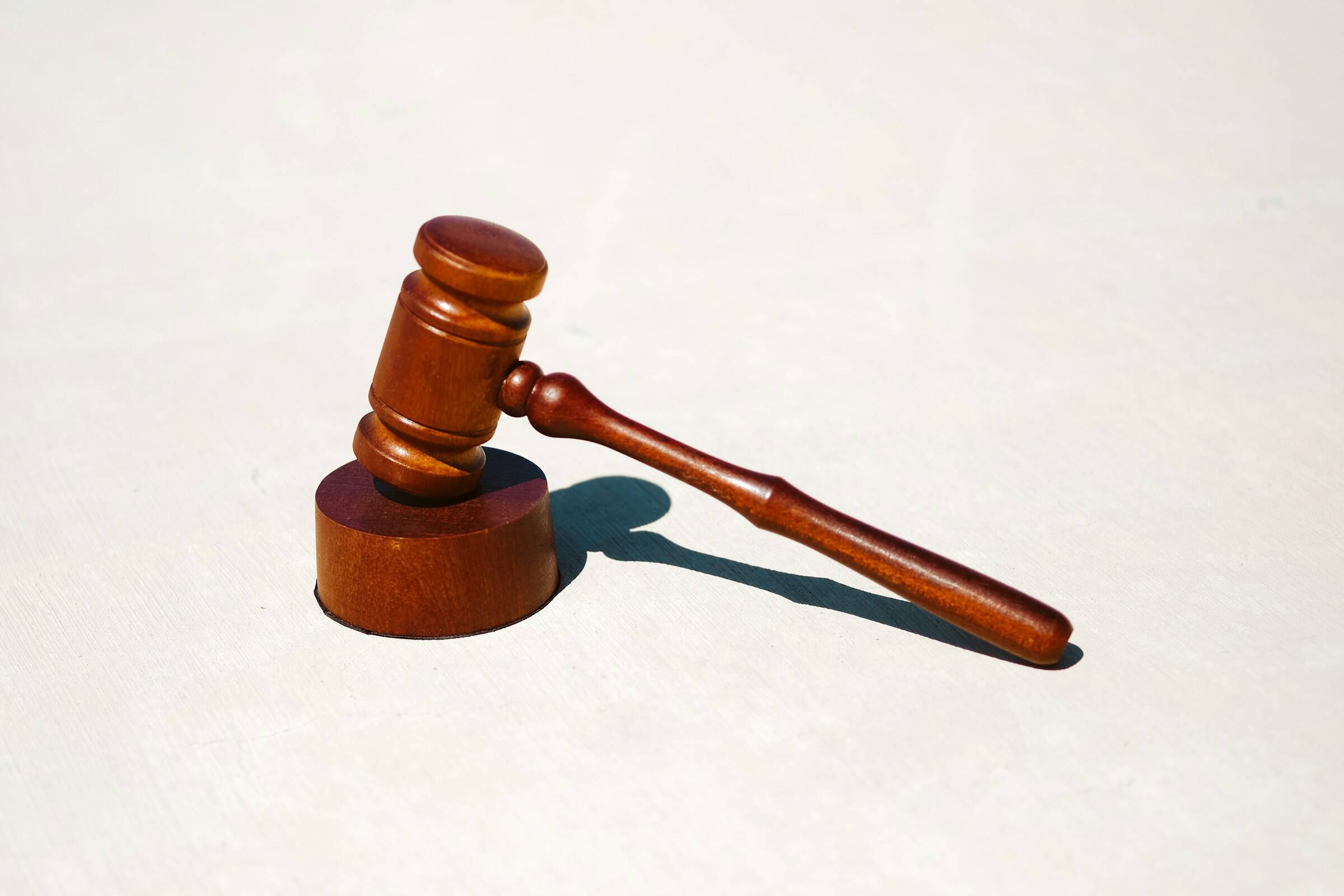Taxpayer successfully argues against “deliberate behaviour” penalty
When it comes to tax penalties, there is a behaviour-based scale that means you pay more for knowingly understating your tax bill than if you make a simple mistake. Unfortunately, HMRC is often over-zealous to apply a “deliberate” tag. Why is this a problem and how did one taxpayer successfully argue against it?

There's a largely harmonised penalty regime for inaccuracies across different taxes, including income tax. Broadly:
- a penalty arises because of a lack of reasonable care, the penalty will be between 0% and 30% of the extra tax due
- the error is deliberate, the penalty will be between 20% and 70% of the extra tax due
- the error is deliberate and concealed, the penalty will be between 30% and 100% of the extra tax due.
However, this isn’t the end of the matter - the behaviour also determines how far back HMRC can issue an assessment for. The ordinary time limit is four years, but if the behaviour is careless this increases to six years. If the inaccuracy arises due to deliberate behaviour (which can include negligence), the time limit is 20 years. HMRC seems to argue that most errors are at least careless, but in some cases it tries to go one step further, as Mr Collier (C) found out.
C had genuine conditions that affected his ability to read, and so he relied heavily on an accountant to submit his personal and partnership returns. There were some omissions following the accountant suffering a family tragedy, which HMRC picked up after a long investigation, and raised assessments and penalties on the basis of “deliberate” behaviour. C didn’t dispute the assessments for the tax, but argued that the behaviour was careless, not deliberate so the assessments (which were issued more than six years after the end of the relevant year) were out of time. The Tribunal’s view was that C had not acted in a reckless way, and there were genuine reasons for the omissions. HMRC had not met the burden of proof required, and C’s appeal was allowed.
Related Topics
-
CT61
-
Repayment thresholds for student finance confirmed
Repaying student finance can seem complicated, with a number of different plan types each having different repayment thresholds. The thresholds for the forthcoming year have just been confirmed. What’s the full story?
-
Advance assurance pilot confirmed
There have been a number of changes to how research and development tax credits are claimed in recent years. HMRC has now confirmed that a pilot of a new clearance procedure will begin later this year. What do we know so far?